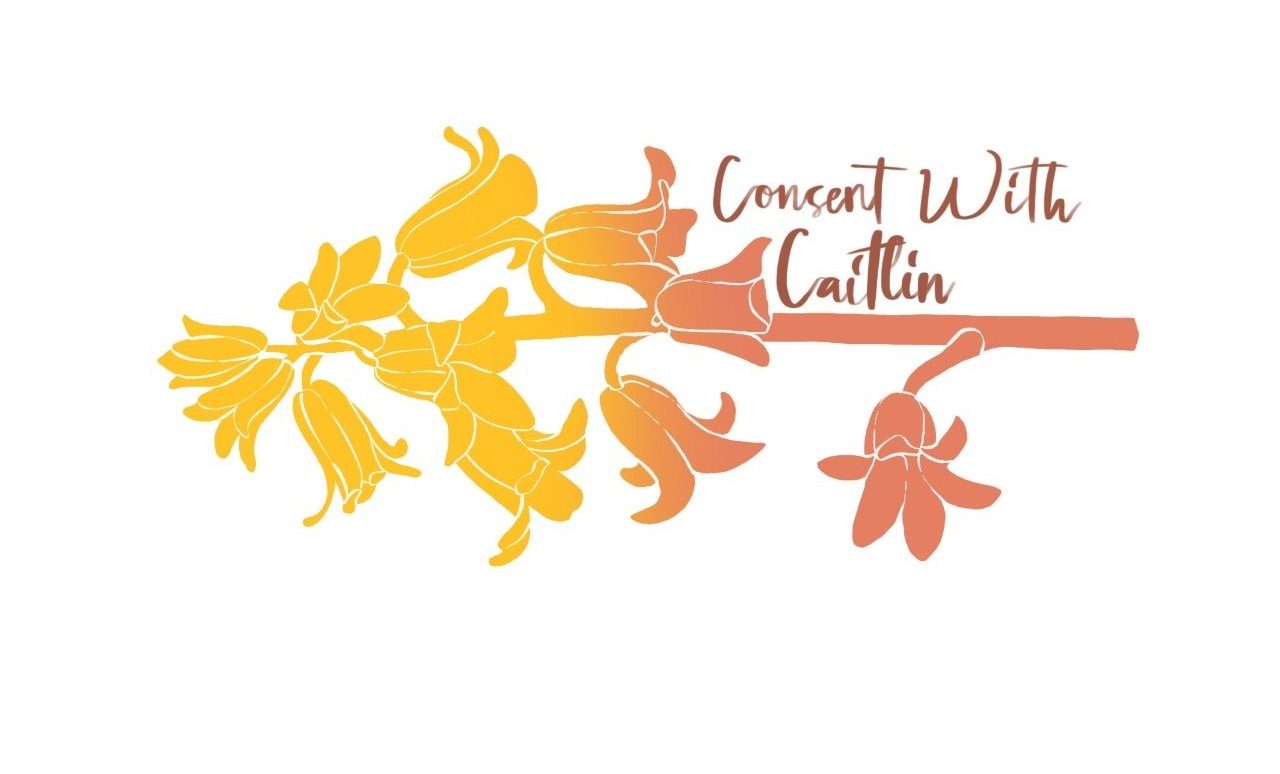Graphic by Haley Morkert.
CAITLIN SEGRAVES | STAFF REPORTER | csegrave@butler.edu
Content warning: References to sexual violence are included in this article.
Secret time: I used to be a meninist. I am so embarrassed by that, but it’s important to know that all of us are starting somewhere.
While now I am obviously a raging feminist, I used to think feminism was stupid and women had privilege because men would buy us free drinks. I know some of you are rolling your eyes at that statement, but I wholeheartedly believed it as a sophomore in high school. I am proud of how far I have come, but I haven’t unlearned every single bias in my body. I’m working on it, and I know I’m not alone in my struggles with internalized misogyny.
So, let’s work on it together! Insert awkward smiley face here.
I’ve found that reading books is one of my favorite first steps to take in unlearning my biases. And in addition to becoming a better feminist/ally and person, reading makes you so hot you’re off the charts — of course, audiobooks count, too! I think it’s the act of pushing yourself to be a better and more well-rounded person that does it for me.
In light of Women’s History Month, here are recommendations I have of books by feminist authors. I don’t think you need to read every single book on this list, but it is so important that we are all putting in the work to address those biases and internalized misogyny.
These books are not written exclusively for a specific audience; they’re perfect for everyone, no matter where you are in your journey. As always, please feel free to reach out to me! I would love to hear your thoughts, opinions and any good book recommendations. Without further ado: Books!
“Hood Feminism” by Mikki Kendall
If you take one thing away from this article, it’s that you absolutely need to read this book. It’s an easy read, but also an uncomfy one at times. As someone with a lot of internalized misogyny and racism, this is not a book that I could just read through quickly. I had to take a hard look at myself and the societal structures in which I am complicit. Kendall approaches intersectionality and encompasses many different aspects of our society — like gun violence, classism and hashtag activism — in a very readable way.
“Men Explain Things to Me” by Rebecca Solnit
This is a collection of essays, and it’s just *chef’s kiss*. “The Longest War” was a fantastic essay in the collection that felt relatable and educational. Solnit talks a lot about “mansplaining” and how it feels as a woman to walk in a man’s world. This is a great read for allies, and it’s a super quick read. It is also accessible as an ebook through the Butler library!
“Entitled: How Male Privilege Hurts Women” by Kate Manne
This is one book I have absolutely loved. I have to warn you, this book did cause me to spiral and think about my past trauma, so proceed with caution. I am still continuing to read this book but I make sure to do so in safe spaces. It deals a lot with masculinity issues, specifically talking about incels — involuntary celibates — and violence against women.
“Trauma and Recovery” by Judith Herman
Another book that needs a little trigger warning is “Trauma and Recovery” by Judith Herman. This book is huge within the field of psychology, it dives into traumatic disorders and stages of recovery. I wanted to include this book specifically because college-aged individuals — the target audience for my articles — are one of the most vulnerable age groups to experience trauma, specifically sexual violence. As a column that consistently discusses consent, I felt as though this may be a good book for some readers. This could be a tough read, so please keep that in mind and do what you need to do!
“American Hookup: The New Culture of Sex on Campus” by Lisa Wade
Finally, I want to recommend “American Hookup.” This specifically talks about being in college and how that impacts your relationships, your sex life and your relationship with sex. Some readers may want to be careful where and when they read some of the chapters, but I think it’s a really great read for everyone. It’s insightful and can really help you understand campus culture.



